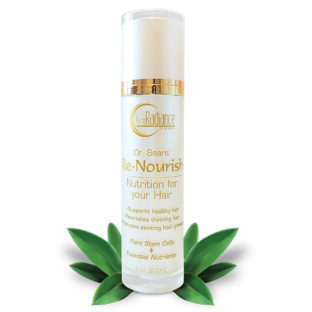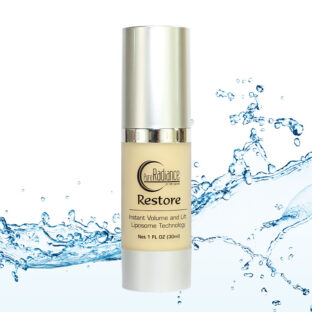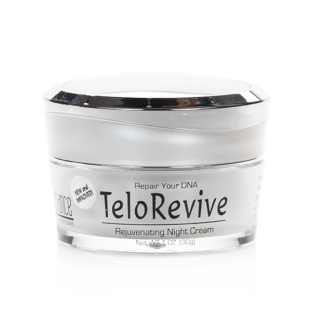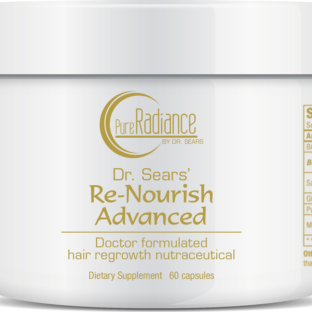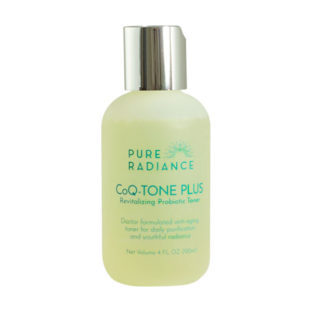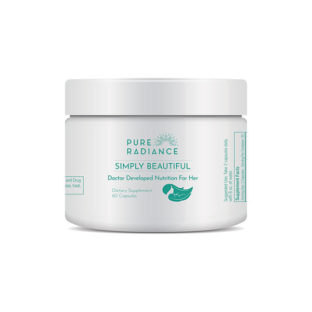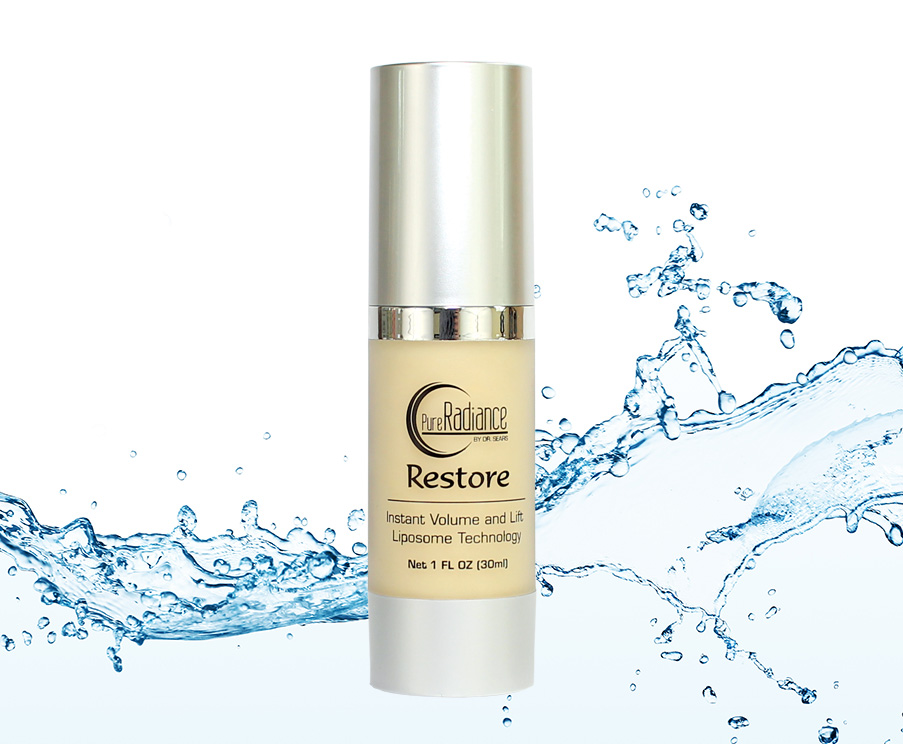
When I lecture at anti-aging conferences around the world, I get a good sense of what the leading anti-aging physicians are thinking about.
And I’m surprised by how many are still holding out hope for an anti-aging “drug.”
But I’m not holding my breath.
And even if the FDA approved a drug for aging, it would likely include a laundry list of side effects, and only affect a small range of age-related decline.
I’ve always had more faith in nature.
Many of the most powerful age fighters are naturally occurring, and they do a better job of supporting and lengthening your telomeres than any drug.
Telomeres are the microscopic markers of aging in each of your cells. We know that when you have longer telomeres you can expect to have both a longer and a healthier life.
And you can help your telomeres grow naturally with nutrients like omega-3s and vitamin C. More than 18,000 studies show the benefits of vitamin C.
In fact, vitamin C is a potent antioxidant and one of the most powerful anti-aging nutrients I know of.
In ancient times, we used to get thousands and thousands of milligrams of vitamin C from our environment. Every day.
Vitamin C was so abundant, we lost the ability to make vitamin C in our own bodies.
Humans are just one of a few species that don’t make their own vitamin C. We still have the gene, but the forces of evolution turned it off.
And that’s bad news considering how little vitamin C we get from our food these days. Researchers estimate – and I agree – that if our bodies still made vitamin C, we would produce somewhere between 3,000 mg. to 5,000 mg. a day.
Today, we’re lucky if we get 200 mg. to 300 mg.
And that’s what many of these doctors don’t get. Even the ones that practice alternative, integrative, or anti-aging medicine.
You desperately need more vitamin C.
You need more for basic survival. You need more for anti-aging. And you REALLY need more if you’re fighting disease.
Take a look at these studies.
- In one, researchers used vitamin C to slow the age-dependent shortening of telomeres in vascular cells. The telomeres in cells treated by vitamin C were up to 62% longer than the telomeres in untreated cells.1
- In another study, vitamin C stimulated telomerase activity in the formation and regeneration of stem cells.2
- And a Harvard study demonstrated how vitamin C’s effects on telomeres can translate to real life.3 Researchers followed more than 85,000 nurses for 16 years. They found that women who took daily 360 mg. vitamin C supplements lowered their risk of heart disease by 27%.
- In another study, researchers followed 20,000 men and women for 10 years. And the people with highest levels of vitamin C had a 42% less chance of suffering a stroke than those with the lowest levels of vitamin C.4
So here’s what I tell my patients…
- You should ignore the RDA for vitamin C. It’s only 60 mg., and that’s only enough to keep you from developing scurvy and dying. To get the full benefits of vitamin C, you need at least 3,000 mg. a day. And to help reverse aging, I would take 5,000 mg. to 8,000 mg. If you’re fighting cancer, you’re looking at 15,000 mg. to 20,000 mg.
- You can’t depend on your diet to provide enough vitamin C. Every year, shortsighted farming practices leave fruits and vegetables with fewer nutrients, including vitamin C. And these fruits and vegetables lose even more nutrients when they’re processed.
- You need a vitamin C supplement. So take from 3,000 mg. to 5,000 mg. a day, but divide them into smaller doses from breakfast to bedtime.
- The best natural sources of vitamin C are acerola cherries, kale, broccoli, cauliflower, Brussels sprouts, parsley, bell peppers, black currants, guava, and papaya.
- You can also take vitamin C intravenously, a treatment we offer patients at my wellness clinic. It floods your body with anti-aging telomere support, and it’s entirely natural. Intravenous vitamin C is one of the most effective cancer treatments available, and it has remarkable healing and recuperative powers as well.
To your good health,
Al Sears, MD, CNS
1. Furomoto, K. “Age-dependent telomere shortening is slowed down by enrichment of intracellular vitamin C via suppression of oxidative stress.” Life Sci. 1998; 63 (11): 935-48.
2. Wei, F. “Vitamin C treatment promotes mesenchymal stem cell sheet formation and tissue regeneration by elevating telomerase activity.” J. Cell Physiol. Sept. 2012; 227 (9): 3216-24, doi: 10.1002/jcp.24012.
3. Osganian, S.K, et al. “Vitamin Ce and risk of coronary heart disease in women.” J. Am. Coll. Cardiol. July 2003; 42 (2): 246-52.
4. Myint, P.K., et al. “Plasma vitamin C concentrations predict risk of incident stroke over 10 years in 20,649 participants of the European Prospective Investigation into Cancer — the Norfolk prospective population study.” American Journal of Clinical Nutrition. Jan. 2008. Vol. 87. P 64-69.


